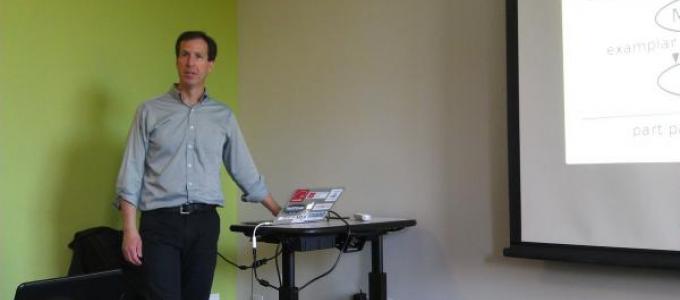In this presentation, I will discuss the use of these procedures in developing two attitudinal instruments and validating their scores. I will show how exploratory factor analyses contributed to the refinement of subscales during the process of development and how confirmatory factor analyses were used to provide support for the theoretical models underlying the instruments. I will also provide an example of a scale which is not as well supported by these techniques as a counter example.
Sign up for our weekly newsletter!

